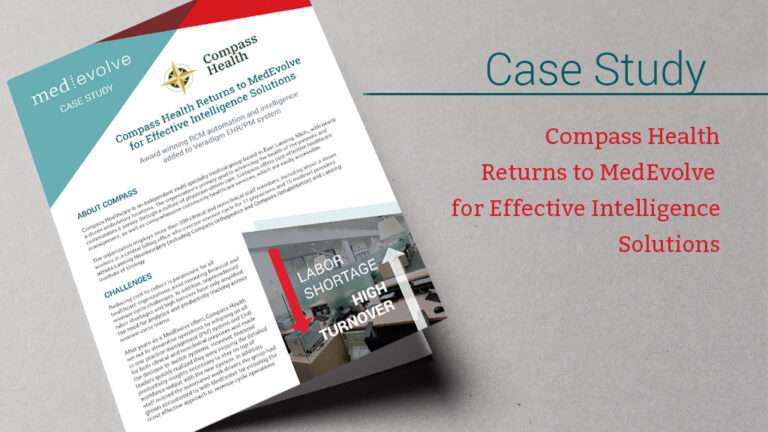Improve reimbursement rates and operational efficiency
Negotiating payer contracts is a critical component of the revenue cycle for healthcare providers. Effective negotiations can significantly impact a provider’s bottom line, both in terms of reimbursement rates and operational efficiency. Here are some strategies to consider when negotiating payer contracts.
Preparation is key
- Data Analysis: Gather data on your current payer mix, reimbursement rates, claim denial rates, and utilization patterns.
- Benchmarking: Compare your rates with industry averages or with similar providers in your area.
Know Your costs
Understand the cost of delivering care so you can effectively negotiate reimbursement rates that cover costs and provide a margin.
Prioritize contracts
Focus on contracts that have the greatest impact on your revenue. This could be based on volume, reimbursement rate, or both.
Build relationships
Establish and maintain a positive working relationship with payer representatives. A strong relationship can open doors to productive conversations.
Clear communication
- Clearly articulate your needs, concerns, and reasons for any requested changes to the contract.
- Be ready to provide evidence or data to support your position.
Address all aspects of the contract
Beyond just reimbursement rates, ensure you understand and discuss other contract terms like claim submission deadlines, payment terms, prior authorization requirements, and appeal processes.
Consider alternative payment models
Explore the possibility of value-based care arrangements, bundled payments, or capitated payments if they fit your model of care and could be financially beneficial.
Understand the payer’s perspective
While your goal is to secure the best terms for your organization, understanding the challenges and objectives of the payer can help you find middle ground.
Negotiate claim denials
Address the common reasons for claim denials in your contract. This could include clearer definitions, faster turnaround times for resubmissions, or fewer administrative hoops.
Be willing to walk away
Sometimes the best negotiation strategy is being willing to walk away from a contract that doesn’t meet your needs.
Additional provisions you might need
- Administrative Provisions – Discuss ways to streamline the administrative process. This might include electronic claim submission, faster pre-authorization processes, or simplified coding requirements.
- Review Provisions – The healthcare landscape is constantly changing. Consider including provisions in the contract that allow for periodic reviews or adjustments based on external factors like regulatory changes or economic shifts.
Planning, monitoring, and consulting
- Use Professional Help – Consider using a contract management or consulting service that specializes in payer negotiations.
- Continuous Monitoring – Once a contract is in place, regularly review its performance. This includes monitoring reimbursement accuracy, denial rates, and administrative burdens.
- Plan Ahead – Start renegotiation discussions well before the contract expiration date, giving yourself ample time to gather data, strategize, and negotiate.
Remember, payer contract negotiation is a dynamic process that requires a blend of data analysis, relationship building, and strategic thinking. Approach negotiations as a partnership where both parties can find mutually beneficial terms, rather than as an adversarial process.









